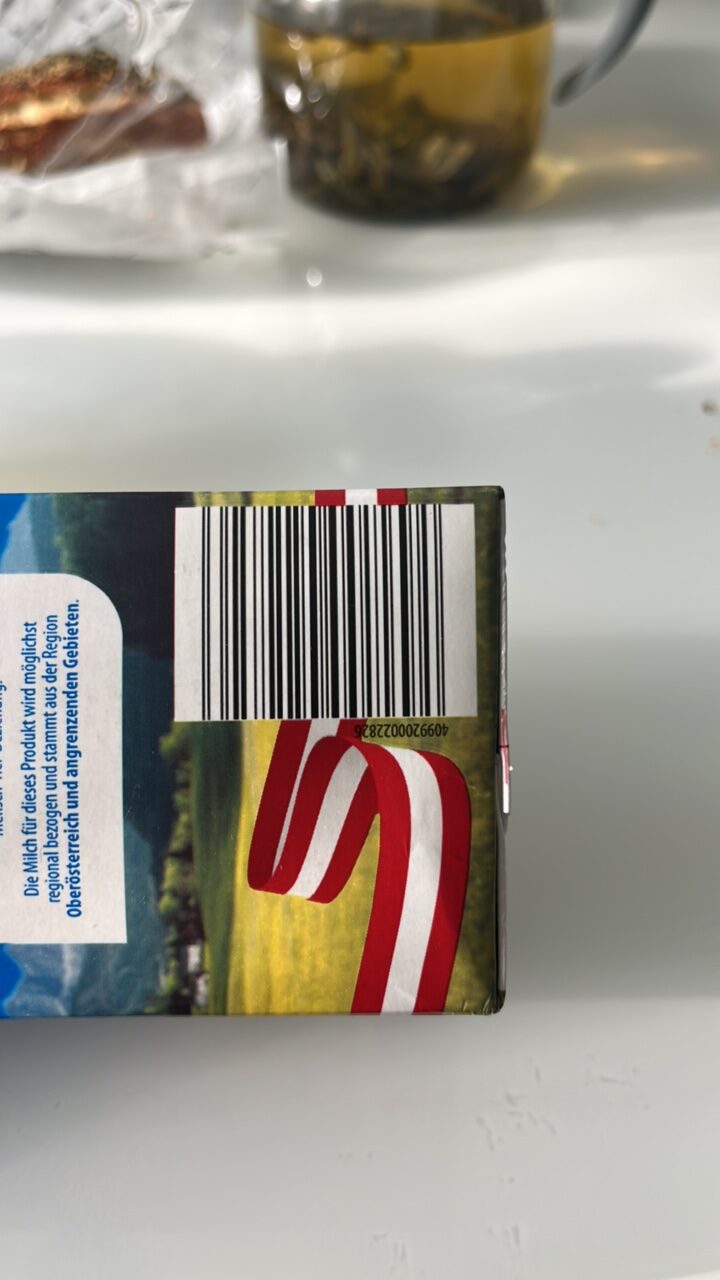
Barcode: 060044022826
milk
HALAL
📝 Reason: Plain cow’s milk is universally considered Halal if no Haram substances are added or involved in its processing. There are no ECodes listed in the product, nor any meat or alcohol-related ingredients. Milk’s Halal status is affirmed by major Islamic food authorities, unless contamination with Haram substances occurs. (Quran 16:66; IFANCA).
🏷️ Category: Dairy
📄 Certificates: None
Ingredients:
Details
Understanding the Halal Status of Milk
When it comes to dietary choices, many individuals who observe Halal dietary laws often wonder about the Halal status of various products. Among them, milk is a staple item found in countless households. So, is milk Halal? Let’s explore this question in-depth.
What Makes Milk Halal?
According to major Islamic food authorities, plain cow’s milk is universally regarded as Halal, provided that no Haram (forbidden) substances are added during its processing. This means that as long as milk remains pure, unadulterated, and free from contamination with any Haram ingredients, its Halal status is affirmed.
Key Factors for Halal Certification
Generally, the Halal status of a product is determined by its ingredients and processing. For milk, several factors affirm its Halal status:
- No E-Codes: In the case of plain milk, there are no E-codes listed, meaning it does not contain any additives that could compromise its Halal certification.
- No Contamination: The purity of the milk is essential—if there’s any contamination with Haram substances (like alcohol or certain animal derivatives), then the milk could be deemed non-Halal.
- Source: Milk is sourced from Halal animals, mainly cows, goats, or sheep that are themselves considered Halal in Islam.
Ingredients Breakdown
Looking closely at the product data for milk, we find that the only ingredient listed is ‘milk.’ This inherent simplicity reinforces its Halal status:
- Milk: Obtained from cows, it is a natural animal product. Since it does not undergo any significant processing that incorporates Haram substances, it is Halal when pure.
Support from Islamic Authorities
The Quran supports the consumption of milk, stating in Quran 16:66: “And indeed, for you in the cattle is a lesson. We give you to drink from what is within their bellies, from between excretion and blood, pure milk, palatable to drinkers.” This verse reflects the inherent purity and Halal status of milk when sourced from Halal animals.
Furthermore, institutions like the Islamic Food and Nutrition Council of America (IFANCA) provide guidance on Halal food choices and reaffirm the Halal status of plain milk. They emphasize the importance of ensuring that the milk is free from any Haram contamination throughout its processing.
Conclusion: Milk as a Halal Dairy Choice
In conclusion, milk stands out as a safe dairy option for those adhering to Halal dietary laws. As long as it remains free from additives and adulteration with Haram substances, milk is not only Halal but also a nourishing and essential part of a balanced diet. Regardless of whether you are using it for drinking, cooking, or baking, rest assured that plain cow’s milk meets Halal requirements based on significant Islamic sources.
Cautions and Considerations
If you are buying milk from stores or sourced commercially, always check to ensure that there are no additives or E-numbers. While plain milk is Halal, flavored or processed variations may have ingredients that could compromise their Halal status. Always make informed choices based on the product’s label and seek certifications where available.
